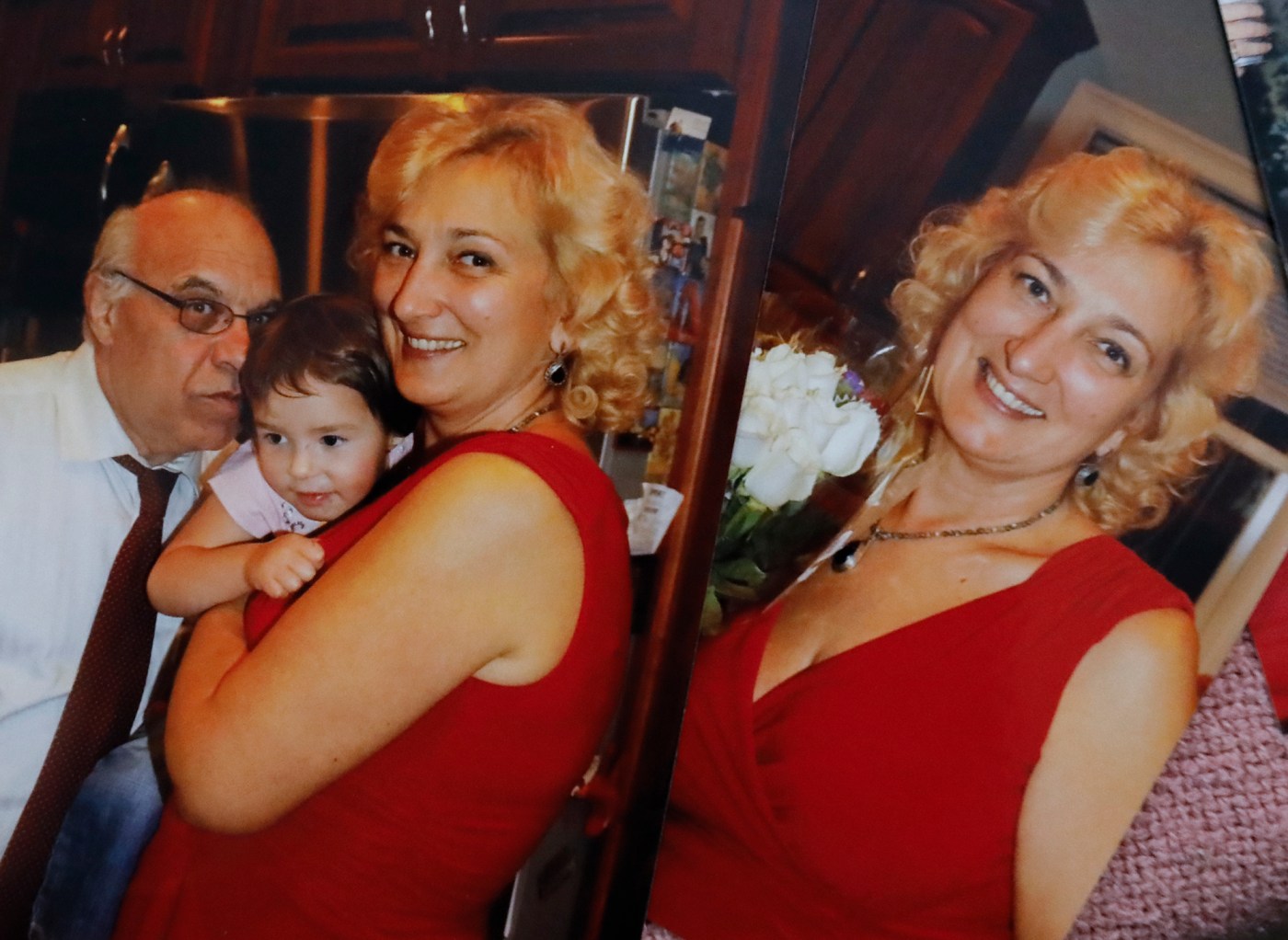
Body parts trafficking case: Harvard releases report recommending changes to its Anatomical Gifts Program
Harvard has released a report from a panel of three commissioned experts on how to improve the university’s Anatomical Gifts Program, which was at the center of an alleged body parts trafficking ring.
The university released the report Thursday along with a “community message” stating the review was initiated after the U.S. Attorney’s Office indictment and arrest of Cedric Lodge, a former employee of the Harvard Medical School’s morgue, in relation to the illegal sale of parts of bodies gifted to the university to help train future doctors.
“Lodge’s alleged criminal acts, which involved the unlawful interstate transport of stolen human remains, are morally reprehensible and inconsistent with the standards that Harvard University, Harvard Medical School, our anatomical donors, and their loved ones expect and deserve,” read the statement put out by Harvard Provost Dr. Alan Garber and Dean of the Faculty of Medicine Dr. George Daley.
“We reaffirm our deep sorrow for the continued uncertainty and distress that families face as the criminal proceedings continue,” their statement continued. They later added, “We owe it to our community, and especially to our anatomical donors and their loved ones, to ensure that Harvard is worthy of those who, through selfless generosity, have chosen and will in the future choose to advance medical education and research.”
The summary report, which included 19 substantive pages, is separate from the criminal investigation into Lodge and was initiated, according to Garber and Daley, to evaluate the Anatomical Gift Program’s policies and practices and to provide constructive feedback. The report notes upfront that it “does not include review of the factual events giving rise to, or investigation of, the alleged criminal conduct.”
The extensive recommendations included in the report include:
The creation or regular updates to controlling documents. That includes developing policy specific to the program, which the university did not have at the time of the review. Panelists also recommended updating the program’s standard operating procedure manual, which has not been updated since 2014, as well as to more regularly update the donation consent form at the guidance of the university’s legal office.
Changes to the operations of the program including the appointment of a medical director “to advise on matters of donor eligibility and suitability,” appointing an operational committee “for ensuring regulatory compliance” and a governing board for “long-term oversight.” The report also recommends a more robust tracking and identification system for donated cadavers.
Enhancements to informational security including “further review and assessment of AGP information security processes to ensure proper safeguards for personally identifiable information stored in hard copy” and to consult with a university archivist to develop a written record management plan specific to the program.
Of particular note for the Lodge case is the section involving the security of morgue operations, including adding and updated cameras, re-keying locks and securing those keys, and working with the external security vendor to develop a way to review keycard access to the facility.
To Kathryn Barnett, the lead attorney for the class-action lawsuit leveled at the university over the alleged trafficking ring, it’s too little, too late.
“These are all reasonable, appropriate basic levels of care that could have been and should have been done and every family had a right to expect to be done,” Barnett, an attorney with the national law firm Morgan & Morgan who specializes in cases like this, told the Herald as she reviewed the document.
Several lawsuits filed by various firms were consolidated in Suffolk Superior Court. A motion to dismiss filed by Harvard and the other defendants is expected to be argued in January.
She said she had been waiting “with bated breath” for this report and was struck by the introductory paragraph that states it wouldn’t be delving into the particular criminal matter that inspired it.
“Harvard picked the people (on the panel), it was done behind closed doors. I was hopeful that maybe it would be an honest look at what went wrong and why and it would be the beginning of Harvard taking responsibility,” she said. “This entire situation is absolutely devastating for the families involved and they want some answers.”
Harvard Medical School Anatomical Gift Program morgue employee Cedric Lodge. (Courtesy / Suffolk Superior Court filing)


